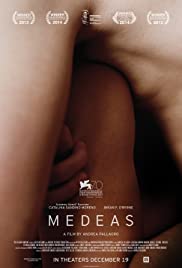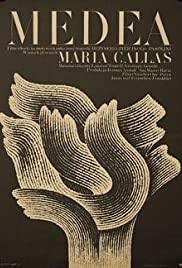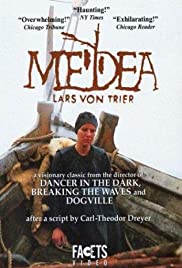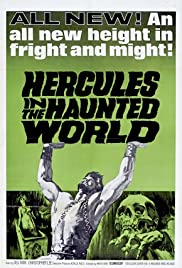Search

The film is a lyrical exploration of a particular family situation and the human relationships within it. Devoid of any moral judgment, the eye of the director studies the boundaries of human behaviour and explores how far an individual can go, driven by love and the spirit of survival. Andrea Pallaoro was born in Trento but at the age of 17 moved to California to study filmmaking. His short film Wunderkammer was presented at the Sundance Film Festival. This year he brings his first feature-length film to the Orizzonti section.

Based on the plot of Euripides’ Medea. Medea centers on the barbarian protagonist as she finds her position in the Greek world threatened, and the revenge she takes against her husband Jason who has betrayed her for another woman.

It is an adaptation of the Greek tragedy Medea from Euripides, a version where the Gods willing and intervations are absent. Medea is the tragic character that after helping Jason in the Voyage of the Argonauts (myth says that she has even sacrificed her own brother for Jason’s success), she gets from him only betrayal, as he arranges to marry the King’s of Corinth daughter. The king decides to exile Medea, as she is a danger for his daughter happiness, but Medea asks from him just a day… before she goes outside the borders. That day Medea gets her revenge…

Upon his return from battle in the previous film, the great warrior Hercules learns that his lover, Daianara, has lost her senses. Acording of the oracle Medea, Dianara’s only hope is the Stone of Forgetfulness which lies deep in the realm of Hades. Hercules, with two companions, Theseus and Telemachus, embarks on a dangerous quest for the stone, while he is unaware that Dianara’s guardian, King Lico, is the one responsible for her condition and plots to have the girl for himself as his bride upon her revival.